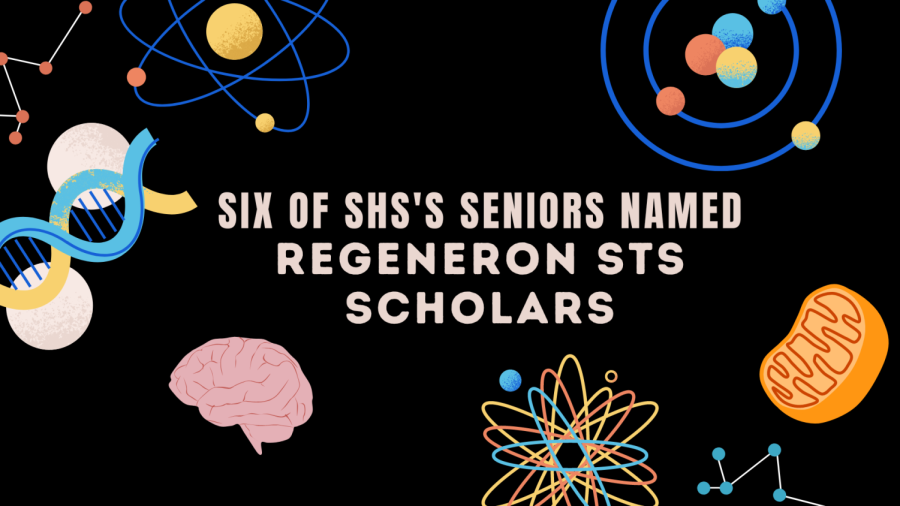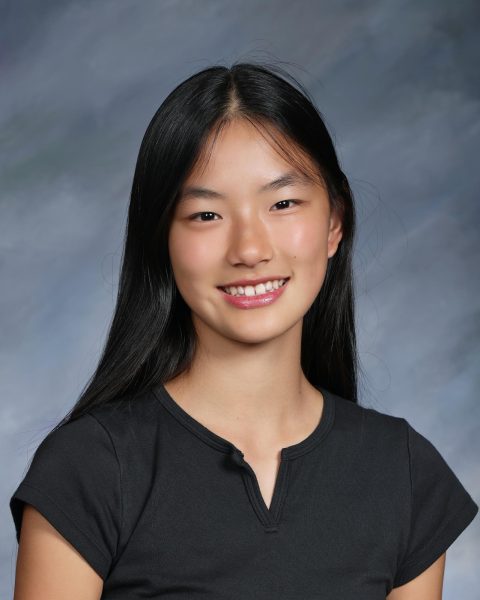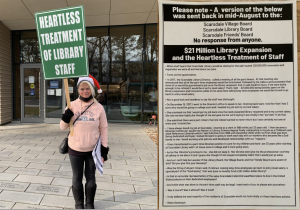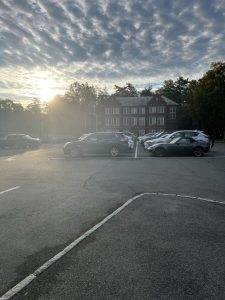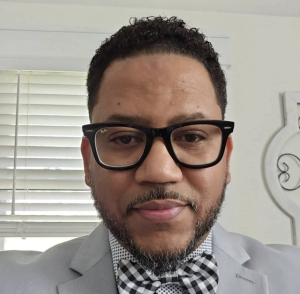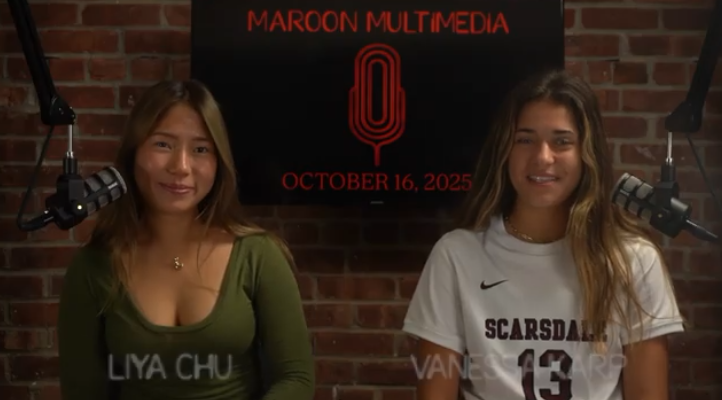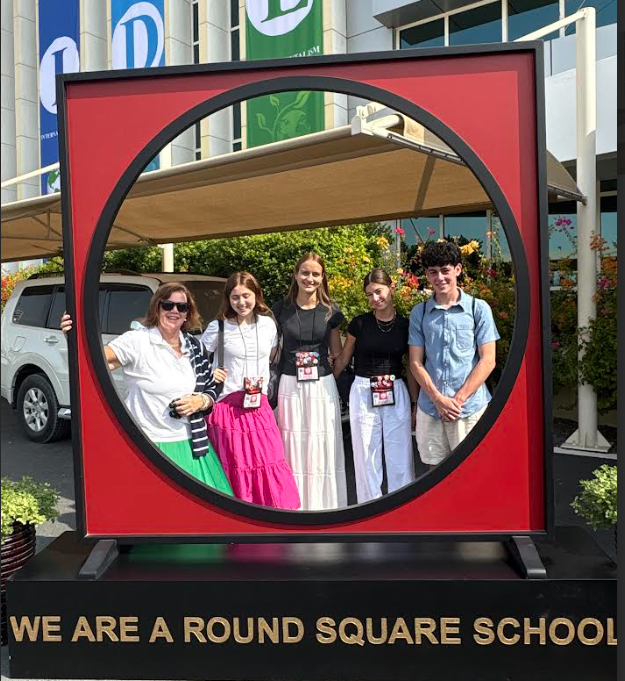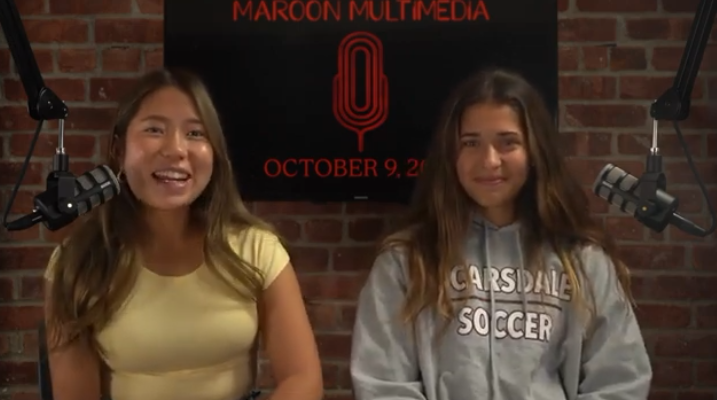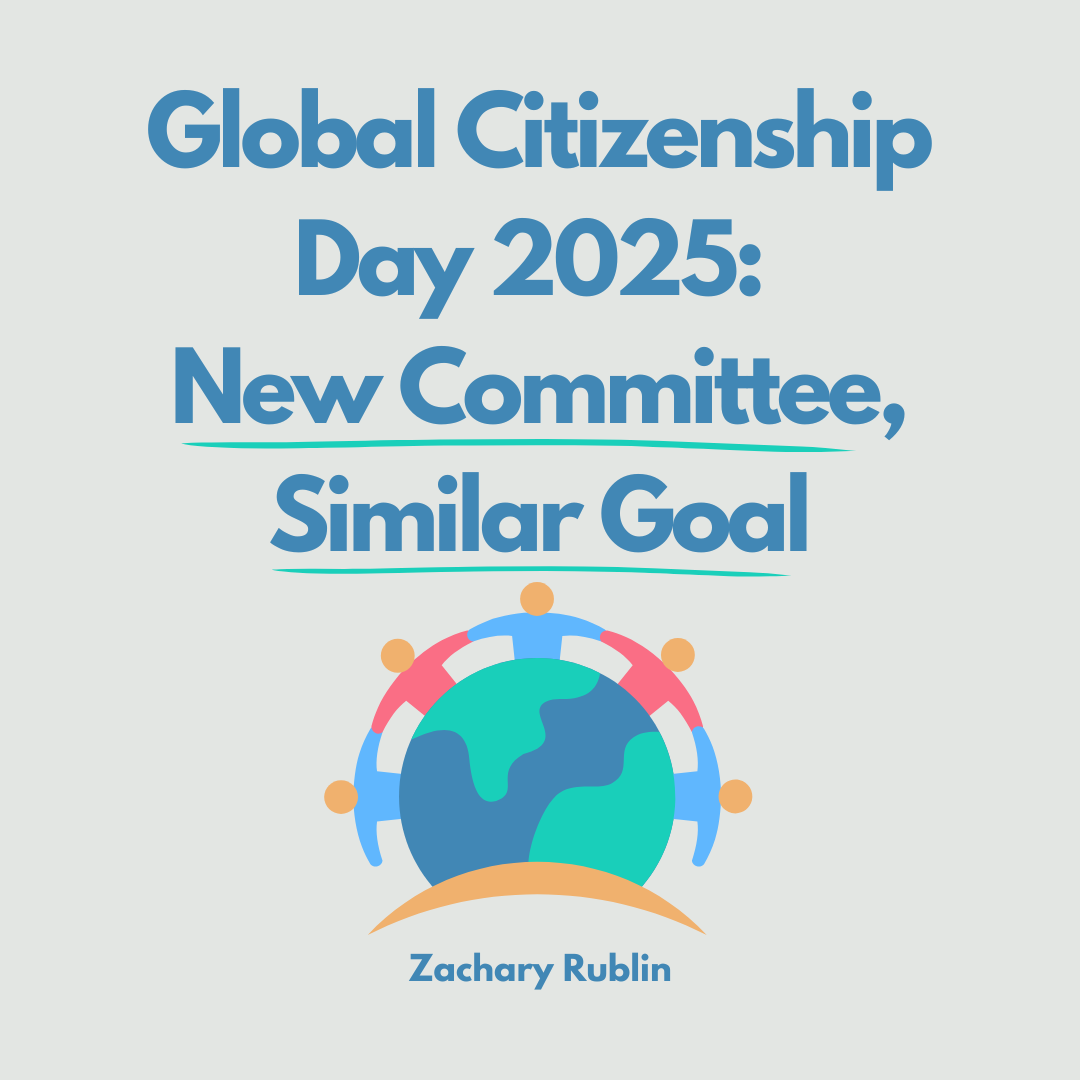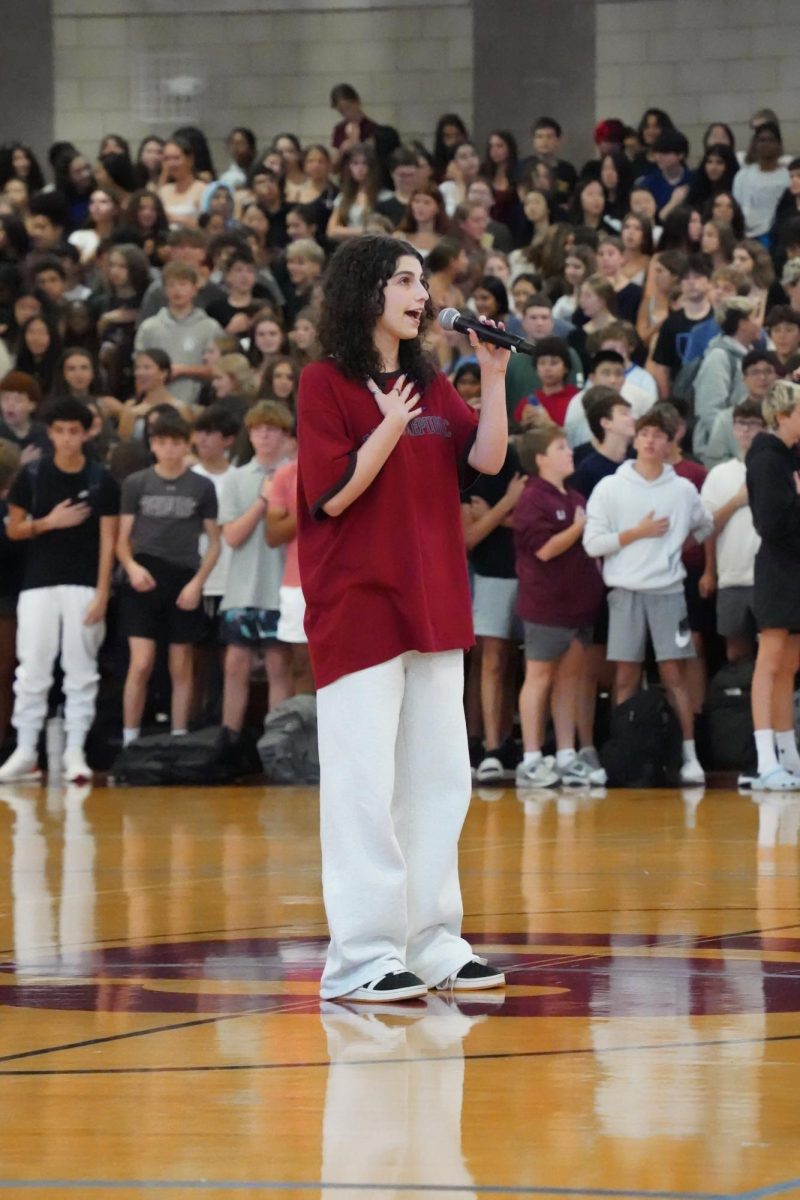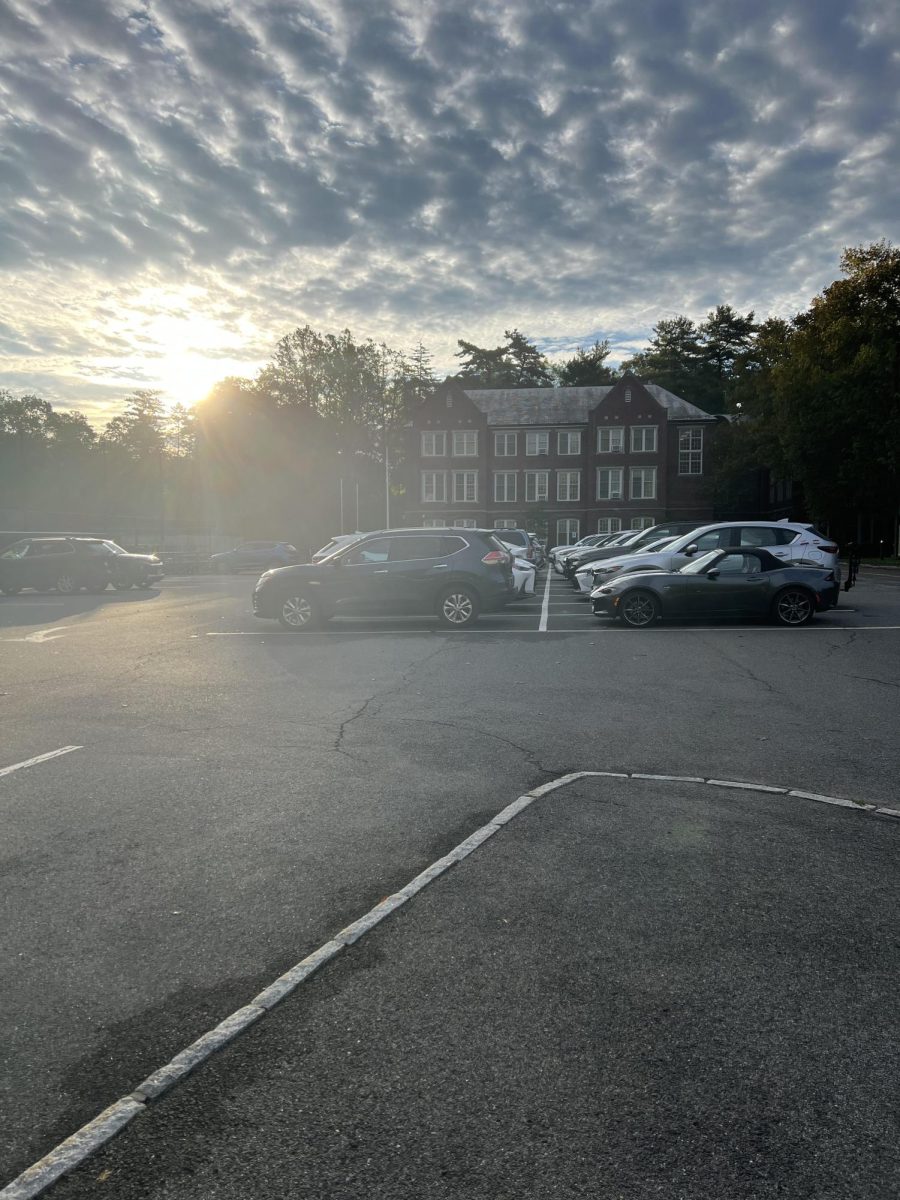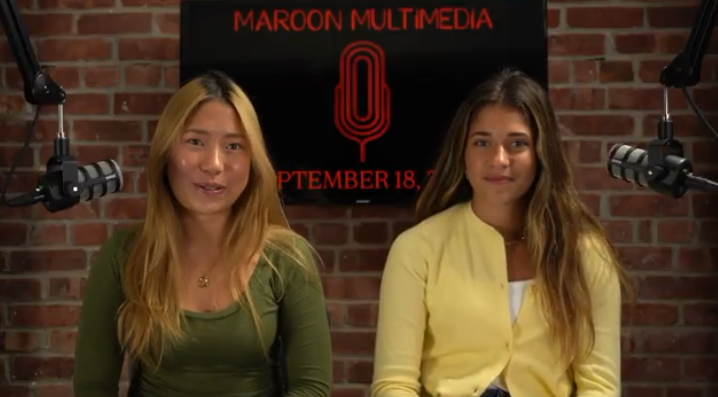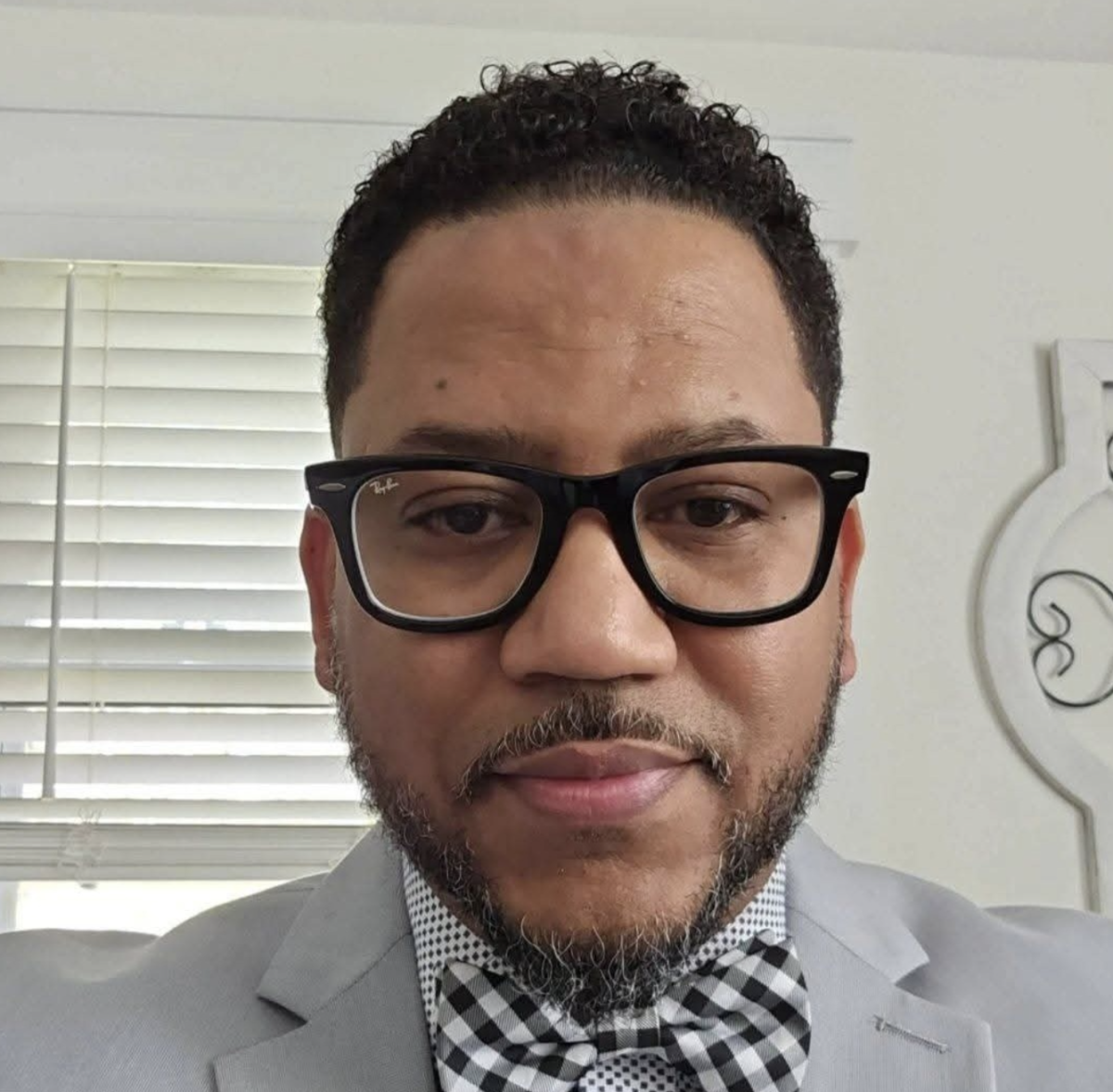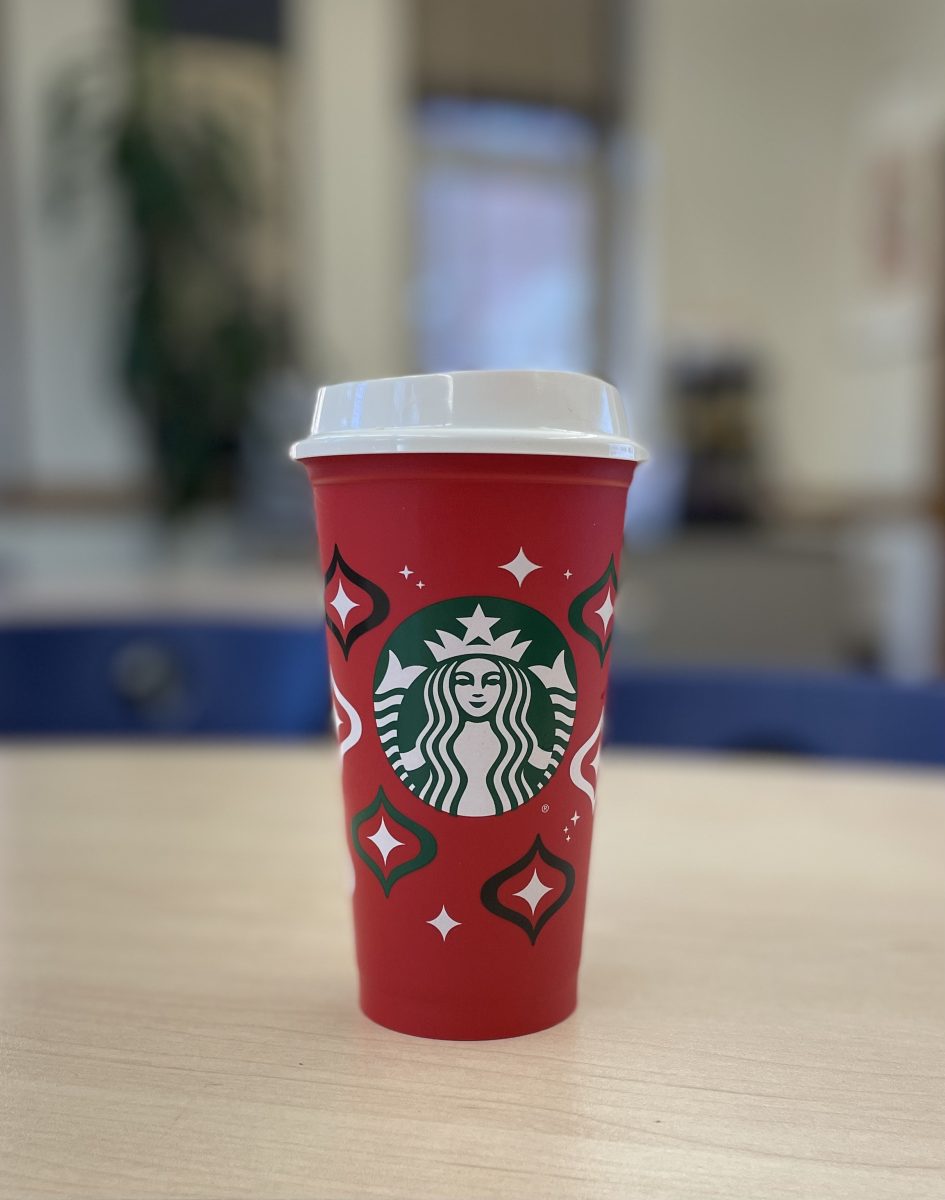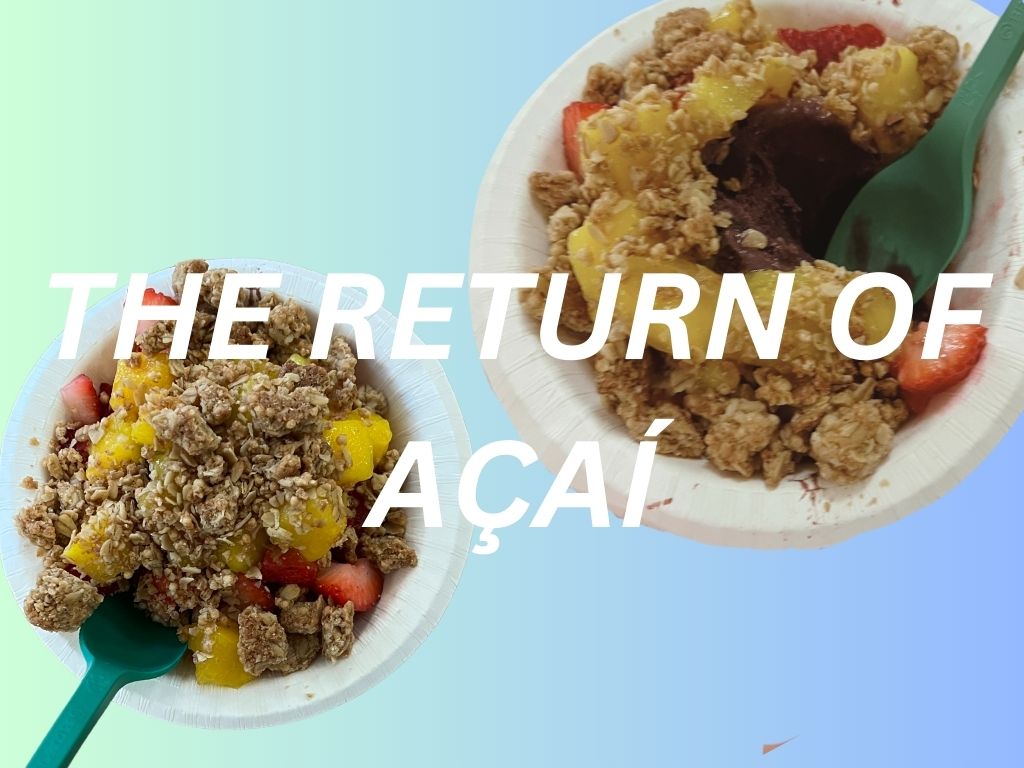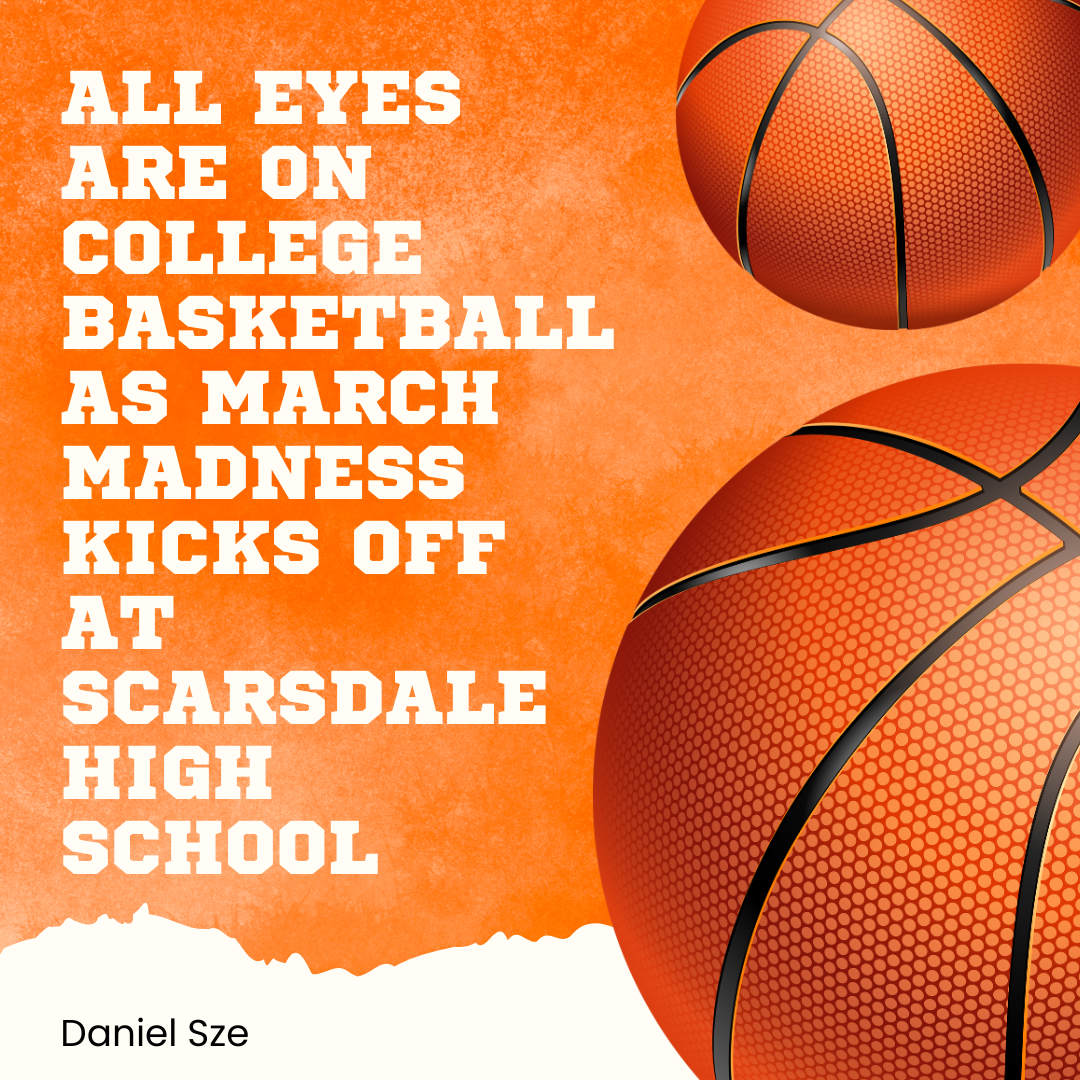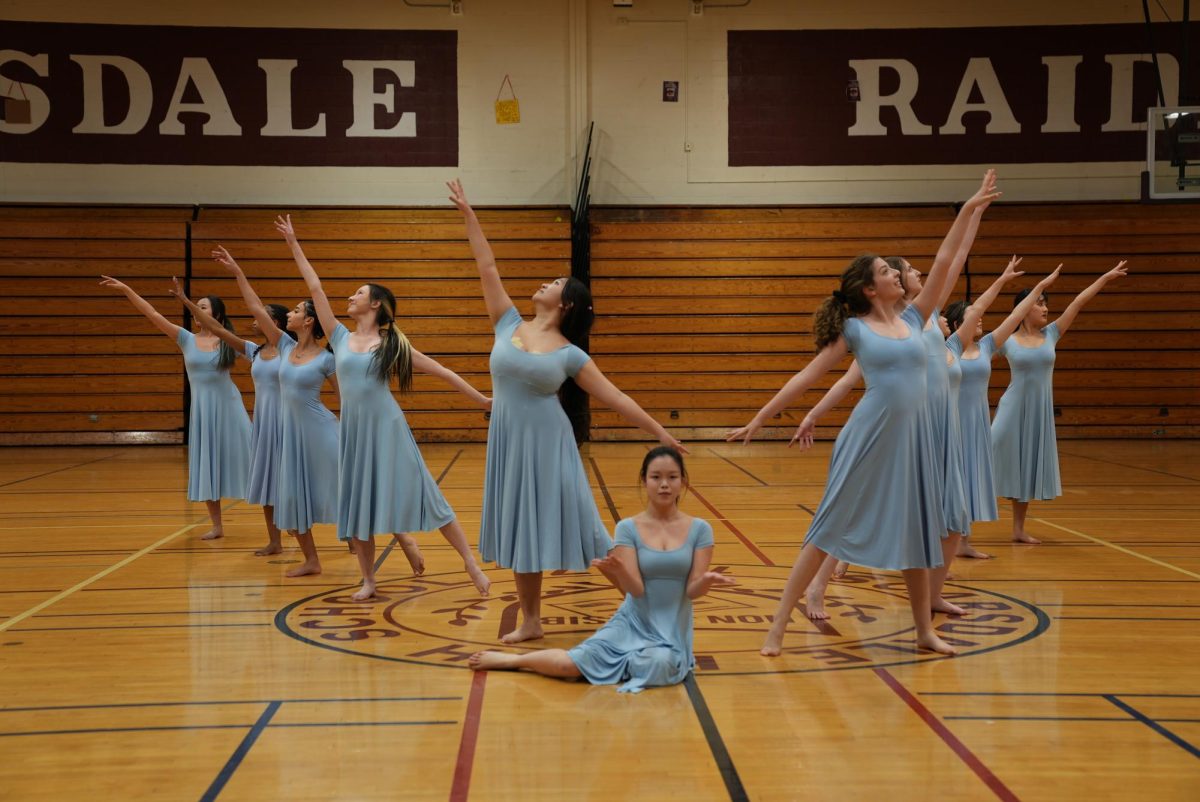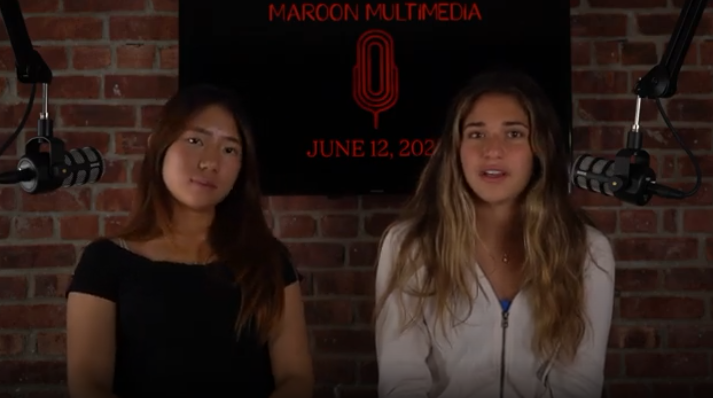Six of SHS’s Seniors Named Regeneron STS Scholars
Out of the 1,949 applicants, six were Scarsdale’s seniors named in STS’ Top 300 scholars this year, and one even made it to the top 40 finalists.
February 5, 2023
Regeneron Science Talent Search (STS) is the oldest and most prestigious science competition in the United States. Every year this competition receives thousands of applications, each one equivalent to filling out four to five colleges’ worth of supplements. The competition is a culmination of work done in sophomore and junior years for those in Scarsdale High School’s science research program. Others research outside of school through internships and on their own time.
Out of the 1,949 applicants, six of Scarsdale’s seniors were named STS Top 300 scholars this year, and one even made it to the top 40 finalists. They were chosen for their original, independent research, and overall academic excellence. Here’s a look at five of the six winners and their research:
Ali El Moselhy ’23 has been involved in research at NYU Langone Research Hospital for the past two years. He studied HIV in Africa, using mathematical models to find optimal healthcare investment strategies. He worked out the best way to spend money on different HIV medications and to minimize HIV-related deaths. “Research is a fantastic way to apply one’s knowledge and education to practical problems,” shared El Moselhy.
Bryan Shi ’23 interned at Brigham and Women’s Hospital to help him research a molecule called alpha-synuclein, which is linked to a few neurodegenerative disorders. He studied the effects of a mutated version of alpha-synuclein on its location, presence, and phosphorylation in neurons, to help better understand its biochemistry. “Things did not often go as planned, so I learned that working in science required adaptability in order to fix and improve experiments that went wrong,” said Shi.
Jaden Tepper ’23 interned at Mount Sinai Hospital’s BioDesign Laboratory while researching a type of brain bleed called a subdural hematoma, which occurs when blood is trapped underneath the skull but above the brain, compressing the brain inward, and causing death in many cases. He created a device that would be utilized in surgeries to help remove the blood from under the skull. “Placing in the top 300 definitely feels nice; knowing that experts believe your research is generally good is a positive feeling,” said Tepper.
Sameer Kini ’23 researched at Mount Sinai Hospital, studying the disease ATTR, which is caused when abnormal TTR proteins discreetly accumulate in various organs before suddenly causing irreversible damage. He discovered that particular T cell signals, blindness, and arrhythmic heart patterns are significantly more common in patients with ATTR. “Being part of the STS society means I can learn from and contribute to a vibrant community of scholars with a true, innate aptitude for science and a passion for making the world a better place,” remarked Kini.
Among Scarsdale’s STS scholars, one of them also made it to the top 40 finalists: Cindy DeDianous ’23. She investigated how retinal neurons were affected by the disease diabetic retinopathy, which causes blindness. DeDianous recorded the electrical output of retinal neurons of mice with a model of type 1 diabetes and found that a certain subtype of cells experienced changes in shape and firing rate. At only two weeks post-diabetes induction, these are the earliest recorded neurodegenerative effects of diabetic retinopathy in mice. “Being recognized as part of the top 40 is really exciting, especially when seeing the incredible projects of the other students,” said DeDianous.
Science is a big field, and there are many different topics to investigate. While it is hard to predict where your research will lead you, it will always lead you somewhere meaningful. “To anyone else wondering whether they should set sail with their scientific ambitions, I would say: go for it! While it may seem hard to believe, trust yourself and the process—you will find joy in working on what you are passionate about,” encouraged Kini. At the end of the day, anyone who is interested in any form of science can get involved in research. “You don’t need a PhD to make an impact in science,” expressed DeDianous.

